World
Thai coup leader denies conspiracy with protesters
Thailand's junta-leading Army Chief has dismissed allegations he plotted to seize power for years before May's coup, issuing an apparent rebuke to the leader of the protests.
Afp
"It is not true" General Prayut Chan-O-Cha said, addressing accusations that he had discussed uprooting the divisive Shinawatra clan from politics with firebrand protest chief Suthep Thaugsuban.
"I did not join any process or take part with any side," Prayut said late Friday in a weekly television address to the nation.
While Prayut did not directly reference Suthep, he was prodded into the denial after reports that the protest figurehead told a charity dinner that he had been in talks with the army chief since 2010.
Shortly after Prayut's comments, Suthep took to Facebook to say he would cancel all future fundraisers — starting on Saturday.
Supporters of ousted premier Yingluck Shinawatra have blamed a coalition of establishment-linked forces — including the army and judiciary — for colluding to overthrow the government, the second such army putsch in eight years.
But Prayut has been at pains to package his power grab as a necessary evil to restore peace and order after several months of protests by Suthep's supporters paralysed the government.
Twenty-eight people died and hundreds more were wounded in political violence linked to the protests, which also deflated the kingdom's once-buoyant economy.
The stern-faced general toppled the government on May 22, a fortnight after Yingluck was booted out off office by a controversial court ruling.
He has imposed martial law on the kingdom, suspended the constitution, muzzled dissent and detained or arrested hundreds of people — mainly supporters of the former government.
"Political talks, fund-raising (activities) are forbidden.... it is a violation of martial law," Prayut warned in his regular Friday television speech.
Two senior members of the anti-government protests contacted by AFP refused to comment.
Yingluck's billionaire brother — also a former premier — Thaksin Shinawatra sits at the heart of Thailand's trenchant political divide.
He was toppled in a 2006 army coup and now lives in self-exile to avoid a corruption conviction he contends was politically motivated.
The Shinawatras draw loyalty from the populous and poor northern part of the country, but are loathed by a Bangkok-based elite, their affiliates in the army and royalist allies in the kingdom's south.
Fleshing out his roadmap for Thailand's political future, Prayut also confirmed that an interim constitution had been drafted and will likely take effect next month.
A national assembly will be appointed in September to select a new premier, while a reform council stacked with hand-picked 'wise men' from across the country will be established to craft a new, binding constitution to come into effect in July, 2015.
New elections "will come after the permanent constitution" around three months later, Prayut added.
From the start of his street rallies Suthep, a former deputy prime minister, called for widespread reforms to "root out the Thaksin regime" before elections.
Observers say the reforms are likely to take aim at the electoral dominance of the Shinawatra clan, who have won every Thai poll since 2001.




 17.6°C Kathmandu
17.6°C Kathmandu
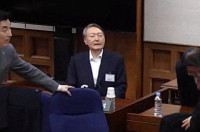
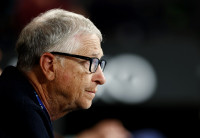
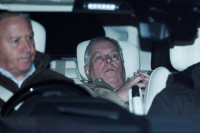
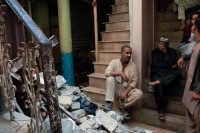

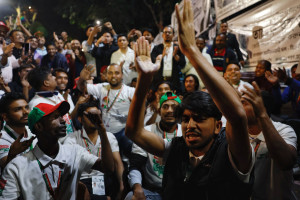

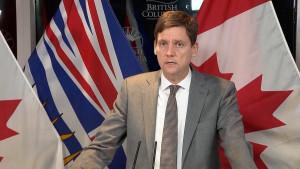
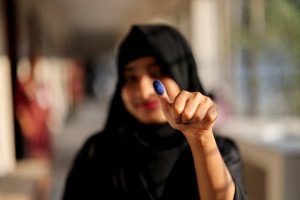
.JPG&w=300&height=200)




